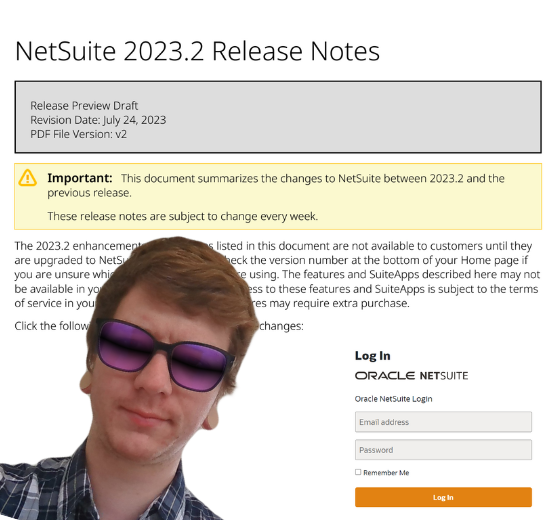Security is something we can’t take for granted. We protect our homes, our cars, our holidays and health with insurance so why should business be any different? All companies have a responsibility to customers or clients to protect their data and personal information at every stage of the customer journey. The financial services industry is one sector that is heavily regulated for a reason; banks, FinTech firms and other financial enterprises are trusted with people’s most personal assets and information and they owe it to consumers to keep it protected. Yet is this the reality we are faced with? In 2018 alone, the total number of security breaches reported to the Financial Conduct Authority (FCA) rose by 480%. Why? Cyber-crime. FinTech businesses operating digitally are clearly an obvious target for cyber-criminals globally – and there’s no bias of scale.
SMEs are just as likely to fall prey as industry giants
Cyber-criminals don’t discriminate based on the size of the business they attack. Of course, large banks like HSBC, TSB and Metro Bank have all fallen victim in recent years to cyber-crime but any financial business is attractive to criminals. Any business trading on an online platform is susceptible because of the amount of sensitive information stored and the relative ease of accessing it. The damage a data breach could cause, reputationally as well as financially, has far-reaching implications. Not only will customers feel like they have been put at risk – and the retention of their business is then in jeopardy – but also a failure to meet compliance standards could result in a hefty fine from the FCA. It’s one thing for a firm to lose its reputation, but a penalty could have serious consequences for revenue and future viability.
How can businesses avoid potential cyber-attack?
Heads of businesses have a responsibility to remind their staff of how to identify phishing emails to help keep their systems protected. Detrimental to a business’ success, cyber-attacks usually begin with phishing emails. These are often convincing, legitimate-looking emails that use the logos, fonts and tonality of recognisable brands and clients, however, on closer inspection they come from an unsolicited email address, imitating that of a reputable address, and contain specific instructions requesting that the reader ‘verifies account information’ or ‘clicks’ on an external link.
Phishing emails often contain attachments with familiar extensions such as .doc and .pdf so that they appear to be legitimate documents. However, these files contain malicious code that record keystrokes on a device and capture passwords. Following any instruction on a phishing email, clicking a link or opening any attachment runs the risk of malware encrypting systems and accessing sensitive data. And once inside a system, the malware quickly spreads. While staff may be aware of phishing tactics, it’s easy to fall victim when distracted by day-to-day responsibilities. Despite their intelligent programming, phishing tactics are easy to spot.
Denial of Service (DoS) attacks are another form of cyber-attack which are ever-evolving. Unlike phishing attacks and viruses, DoS attacks don’t rely on programming to infect systems. Instead, they focus on a vulnerability in a company’s security and gain access, restricting theirs until a financial settlement is made, usually demanding payment in cyber-currency, Bitcoin etc. However, staff diligence isn’t enough to keep systems secure. To combat cyber-crime successfully, businesses need a robust security solution.
Protect your business against cyber-crime
Businesses have two clear options. The first is to implement an appropriate defence strategy in-house leaning on the skills of existing IT resources. The second is to invest in specialised support from skilled and experienced professionals to combat the threat of a cyber-attack to give a business the added peace of mind that they’ll meet the required compliance standards.
BrightBridge can offer exactly that. With NetSuite, companies can reduce the risk of cyber-attack, maximise their security immediately and maintain regulatory compliance. Designed to get under the skin of a company’s daily business operations, NetSuite provides advanced functionality including role-based access, robust password policies and strong encryption. It adds layers of security to guarantee confidence and peace of mind, such as restricting access to a limited number of IP addresses and providing application-only access.
NetSuite – the trusted solution to combat cyber-crime
NetSuite understands that no business can watch their systems 24-7. That’s why it automatically locks applications if a device is idle or if unsecure connections are detected, to restrict unauthorised access. What’s more, all transactions are tracked and audited to provide clients with a full trail of activity in case of anything suspicious.
With NetSuite every business can rely on 24-7 monitoring tools, controls and policies combined with a dedicated security team that follow the highest standards including ISO 27000. Security software is automatically updated, saving in-house resource valuable time monitoring licences and implementing upgrades. All security certifications for internal systems and business applications are also updated, which are often economically unachievable to SMEs. With NetSuite, SMEs gain large scale security without large business fees.
One of the greatest advantages of NetSuite is that it’s a leading cloud-based provider, at the forefront of technology. With multi-tenant architecture NetSuite is able to roll-out security updates and patches across its whole customer base, meaning smaller businesses benefit from its technology in equal measure to market leaders. So why risk a security breach as well as a client’s trust when NetSuite offers safety and compliance in abundance? Call our team today and start protecting your business with the highest security defence system.
Keep reading

What is a NetSuite implementation partner? How do you choose one?

Technology fit for total customer service in 2024

Retail and wholesale distribution: how to improve supply chains

Ditching Sage 1000: what you need to know from businesses that have done it

6 ways AI-ready Microsoft Dynamics 365 helps chartered associations serve members

6 retail and wholesale distribution challenges and how NetSuite solves them

The most exciting features in Microsoft Dynamics 365 2023 Release Wave 2

How to manage a new NetSuite Release: one expert's update process

What’s in NetSuite Release 2023.2?

